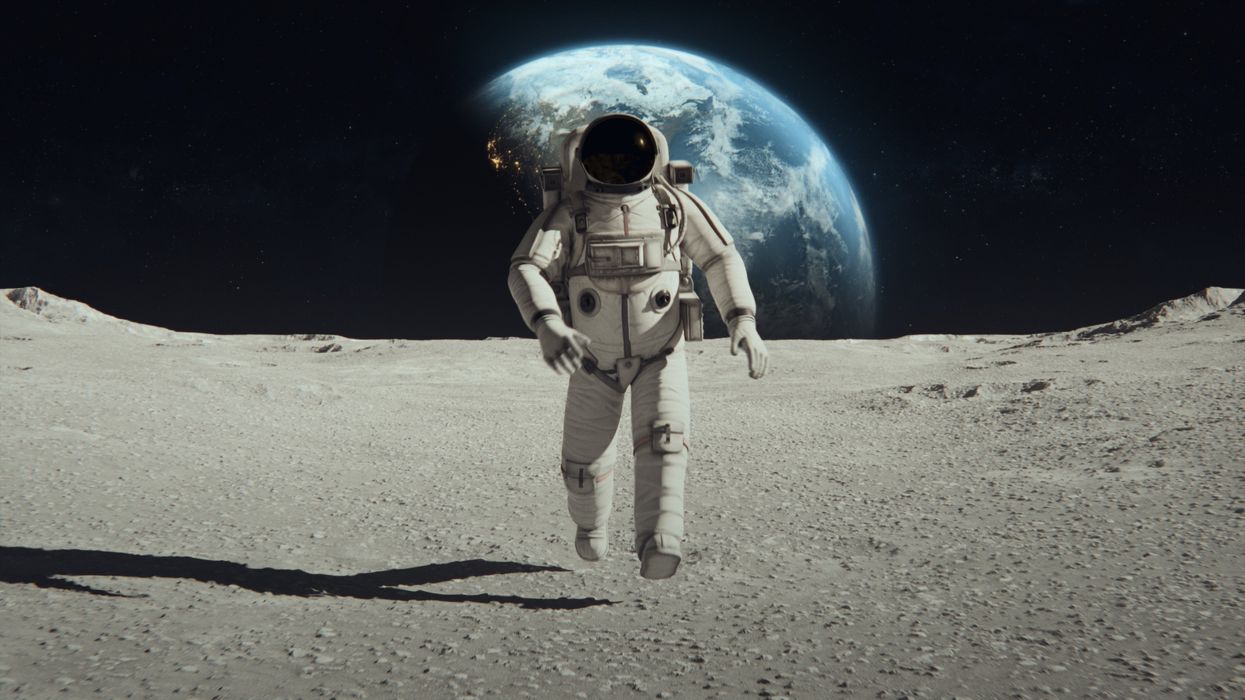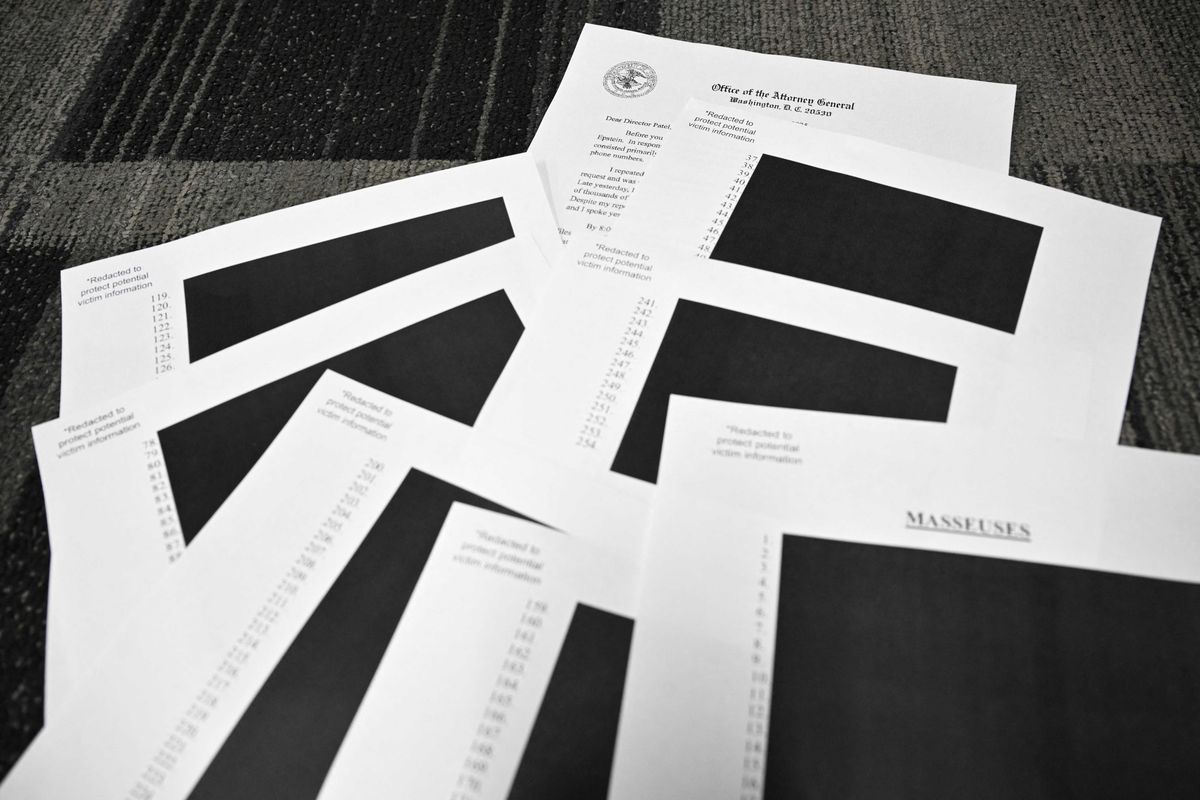Ellie Abraham
Jul 29, 2024

Surgeons successfully transplant two kidneys from a genetically modified pig into human
iStock
Experts think genetically enhanced human beings might be at the forefront of the future of space travel.
The genetic modification of things like crops and animals is an area of scientific development that is aimed to help support the human race on planet Earth, with genetically modified pigs being raised to grow kidneys and hearts for humans and crops being modified to tolerate challenging growing conditions.
And, it seems some experts think the same route in humans might be required if we’re to survive harsh space environments and thrive on other planets.
During an event at the British Interplanetary Society, astronomer Lord Martin Rees advocated for using gene editing technology to ensure human beings are able to cope with the atmospheric challenges of being an interplanetary species, such as radiation exposure [via Science Alert].
Thanks to advances in technology, the entire genome of any living organism can be sequenced and minuscule edits made that can ultimately alter how a particular gene is expressed.
For example, one theory put forward is about whether genome editing could enable us to insert genes into a human being that have the ability to clean up radiation.
In addition, adding genes that slow down the ageing process and speed of cell breakdown could also prove to be beneficial for deep space exploration.
Experts have also identified tardigrades – tiny animals that can withstand extremes of temperature, heat, pressure, radiation and starvation. Lab experiments have demonstrated that human cells increased their tolerance to X-ray radiation when they had tardigrade genes inserted in them.
However, there is much research to do and many ethical issues that come along with it. One Chinese scientist, He Jiankui, was jailed after creating the first gene-edited babies.
Sign up for our free indy100 weekly newsletter
How to join the indy100's free WhatsApp channel
Have your say in our news democracy. Click the upvote icon at the top of the page to help raise this article through the indy100 rankings
Top 100
The Conversation (0)












